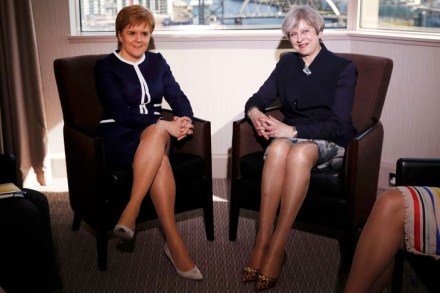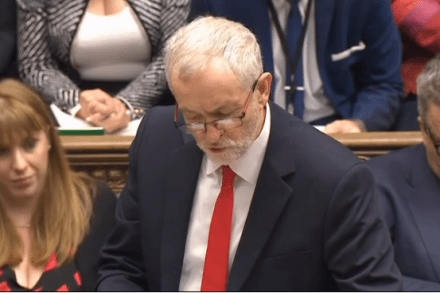Confirmed: UK economic growth accelerated after the Brexit vote
All of the blank ink that the FT used on the day after the Brexit vote, all of those predictions of the job losses and recessions – and still, the economy still refuses to behave as those economists predicted. Not only did British economic growth actually accelerate after the Brexit vote (GDP now confirmed at 0.7pc up in the last three months of 2016) but the confidence continues. A Deloitte survey of chief financial officers finds their optimism at an 18-month high as they become more relaxed about Brexit. As has the Bank of England (see below).




















